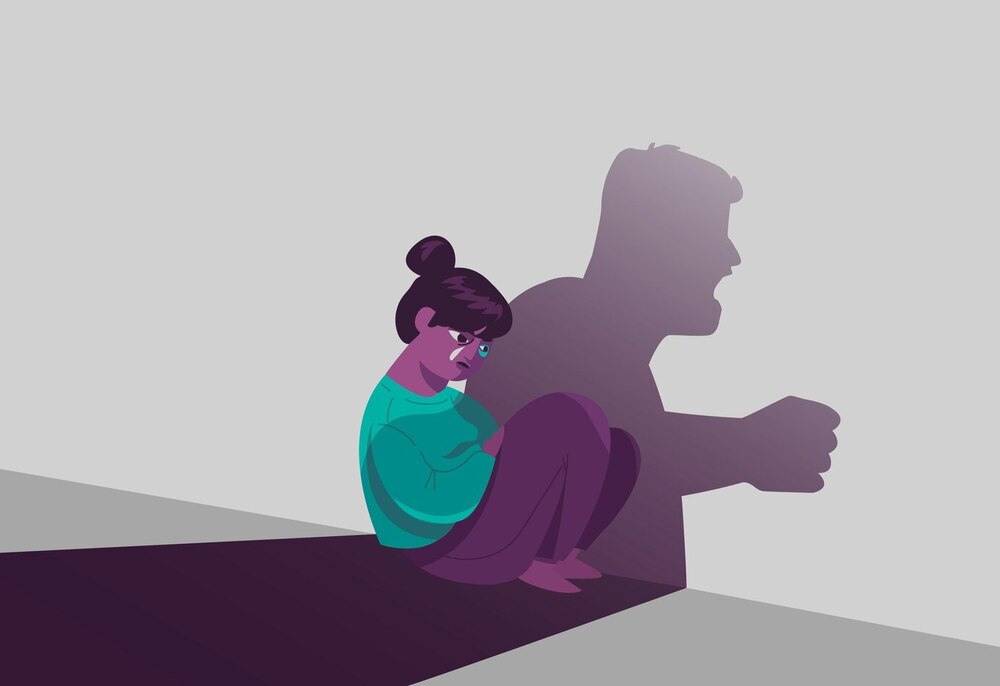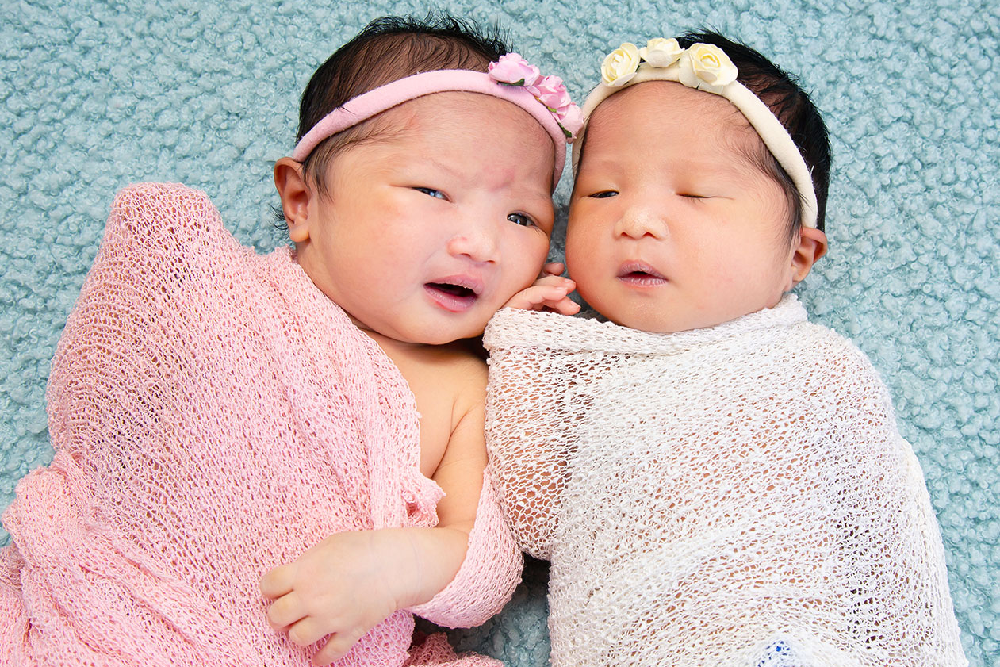Gap before having second baby

In the last couple of decades, we have seen great advancements in the field of reproductive medicine. Today, for couples who are unable to conceive naturally, there is a much higher probability of having children through fertility treatments. However, while many couples are open enough to approach a doctor and share their struggles with family planning, they are not as open when it comes to sharing with family and friends that they are undergoing fertility treatments due to several reasons.
Social / cultural norms: Popular cultural perceptions that connect natural conception with a person’s masculinity and femininity are still prevalent. Couples grappling with infertility may fear that ‘they are good enough’ or that they are ‘flawed’. So, they tend to keep their fertility treatments a secret from family and friends. Men, in particular, worry about social backlash if they are seen as being ‘less virile’.
Fear of failure: In many cases, a couple may have to go through more than one or two fertility treatments or IVF cycles before they conceive. The wait is likened to a rollercoaster ride, fuelled by alternating feelings of hope, uncertainty, excitement, disappointment, frustration and helplessness. Having to share such deeply emotional issues – especially frustration when a cycle does not result in pregnancy – may be difficult for many couples, particularly due to fear of unnecessary advice or social ridicule.
‘Not your own child’: Despite the widespread use of social media and communication tools, some myths and misconceptions remain rooted in people’s minds. One such is that a child conceived through IVF is ‘not really one’s own’ since it was ‘not naturally conceived’. Such statements are deeply hurtful, and parents may fear for their own and their children’s social acceptance.
It is important for us to remember that, ultimately, it is a couple’s decision on how they want to plan for their family. A couple should be able to make the choice based on what is right of them, rather than who should be privy to the information.
The rest of us – family, friends, acquaintances and society at large – have to respect this fully. By extending understanding and empathy, we will help create stronger, more loving families in the long run.















